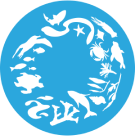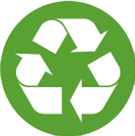CODE OF CONDUCT
Certified Sustainable Materials

Keeping Mother Earth happy and healthy
As a company born at the beach and endlessly inspired by the outdoors, taking care of the planet is close to our heart.

















